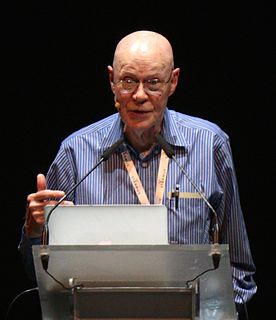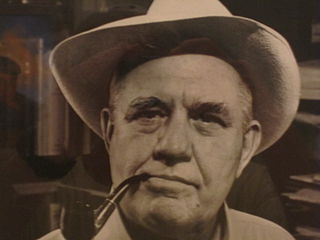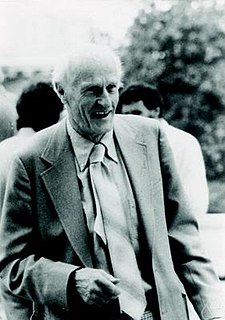A Quote by David Einhorn
After my undergraduate, I've written a thesis that was in the government department, but largely, it turned out almost an economic type of thesis. And I was very interested in that, and I wanted to go get a Ph.D. in Economics.
Quote Topics
Related Quotes
It can be a necessary conceptual truth that pains are painful without this ruling out the physicalist thesis that immaterial minds are impossible or the thesis that conscious states supervene on physical states. The necessity involved in these claims is nomological necessity, not metaphysical necessity (assuming that these are different).
I wanted to be a scientist. My undergraduate degree is in biology, and I really did think I might go off and be some kind of a lady Darwin someplace. It turned out that I'm really awful at science and that I have no gift for actually doing science myself. But I'm very interested in others who practice science and in the stories of science.
I came to graduate school at Harvard University in 1954. My thesis supervisor, Julian Schwinger, had about a dozen doctoral students at a time. Getting his ear was as difficult as it was rewarding. I called my thesis 'The Vector Meson in Elementary Particle Decays', and it showed an early commitment to an electroweak synthesis.
For my Ph.D. thesis, I was measuring the electrical activity that triggers light emission from a bioluminescent dinoflagellate. As I was nearing the completion of my degree, my major professor wrote a grant for an instrument for measuring the color of very dim light flashes from bioluminescent animals.



































